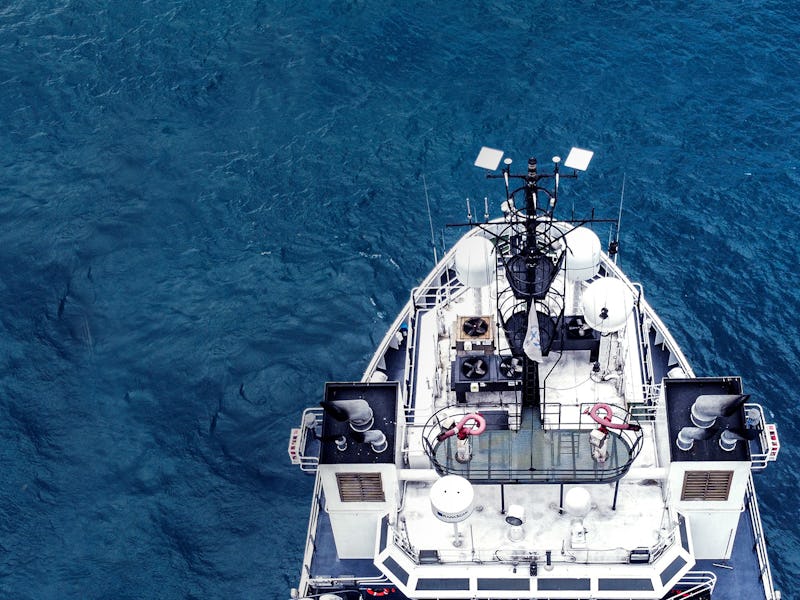Tech
Starlink adds boating option just days after securing FCC approval
A smooth $5K per month — plus a $10K initial fee — will have your yacht WiFi-ready.

SpaceX is opening up access to Starlink Maritime, a satellite internet option for boats and other water-bound locales. The service is only now possible because the FCC gave SpaceX the go-ahead to provide internet service for moving vehicles last week.
SpaceX says Starlink Maritime will allow you to “connect from some of the most remote waters in the world,” and it really is only available in some waters right now. The coasts of the U.S. (except Alaska), Europe (except most Scandinavian waters), Australia, Brazil, Chile, and some of New Zealand. That coverage area is expected to expand in the coming months.
This definitely isn’t a service meant for your working-class sailor. Initial hardware will set you back $10,000, and the monthly subscription cost is a smooth $5,000. But then again Starlink has never prided itself on affordability. (There is an option to pause service if you’re not boating the whole year. Phew.)
Specialized hardware — Current Starlink customers may be disappointed to find out they can’t lug their existing satellite setup, which Starlink has made possible in its Starlink for RVs service. There’s a good reason for this, though.
The $10,000 setup provides customers with two high-performance terminals that have been created with harsh outdoor conditions in mind. The specialized terminals can withstand “extreme cold, heat, hail, sleet, heavy rain, and gale force winds,” Starlink claims, so technically you should be fine to connect to Google Maps while navigating through a hurricane or something.
The only prerequisite for installing the high-performance terminals is an unobstructed view of the sky, which potential subscribers can check using the Starlink app. The terminals themselves are quite small, requiring minimal deck space.
The Dish war continues — SpaceX really had its Maritime service all lined up and ready for launch. It’s only been about a week since the FCC gave SpaceX authorization to provide satellite internet service to moving vehicles — a major step toward where Starlink sees itself in the future. Its service has thus far been used mainly in rural areas where broadband access is limited; now its satellite array can provide internet access to moving planes, for example, as well as remote oceanic locations like oil rigs.
There is at least one entity that regrets this new authorization, though. Dish Network has been in a catfight with SpaceX for months now over the latter’s use of the 12-gigahertz band, and in June, Dish used unauthorized access to moving vehicles as the main source of evidence in its case.
That part of the case has essentially been settled by the FCC’s express authorization. Dish hasn’t given up its fight, though. Now Dish is claiming SpaceX is conducting a “public misinformation campaign” against expanded 5G usage. The FCC still has more headaches in store on that front.